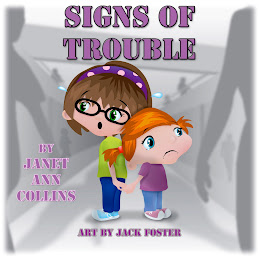The Summer I was six years old my father died of that disease and my mother, brother, and I were quarantined for two weeks. If it hadn't been for the women from our church who brought food and left it in the yard near the corner of our house farthest from the door I don't know what we would have done.
The two weeks of quarantine were supposed to be over on the third of July, but the health department offices would be closed that day, so the kind woman who had put the Quarantined sign on our door offered to take it down a day early as long as we promised not to leave the house or let anyone else near us for another 24 hours.
The first day we were free was the Fourth of July. We went to the town carnival and the three of us walked sadly around, holding hands. Nothing seemed like fun. After about half an hour my mother said, "Let's go home," and we did.
Four years later the Salk vaccine was invented and everyone thought it would never be necessary to worry about polio again.
I don't know how many people are still around who had become permanently paralyzed by that disease before the vaccine was invented, but there are lots who recovered from it, seemingly without damage. Unfortunately in more recent years many of those have developed post-polio syndrome. Parts of the nervous system that had substituted for those damaged by the virus have begun to wear out as the people age and, unlike with the rest of us, there isn't enough left to take over so the paralysis they had recovered from decades ago is returning.
Hopefully medical advances will eventually be able to correct those problems.



No comments:
Post a Comment